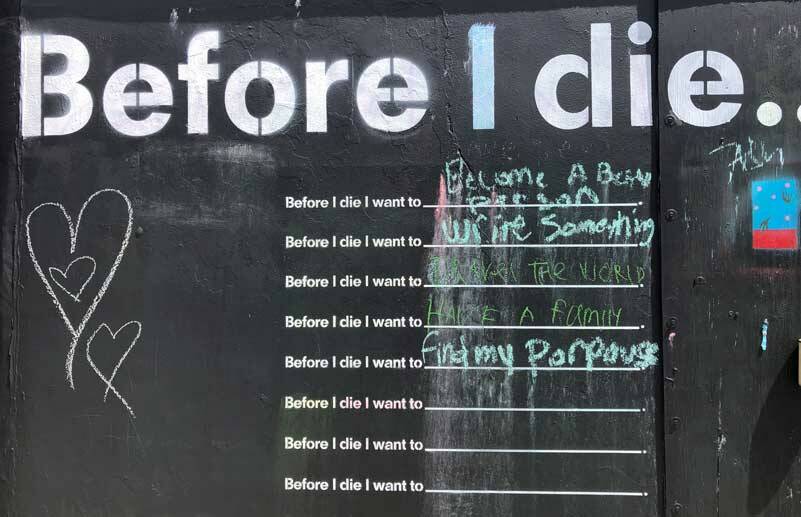By Morf Morford, Tacoma Daily Index
Like everything else, the workplace, and where and how and when we work, has changed dramatically in the last couple of years.
According to a recent survey, 87% of business travellers work remotely at least part of the time. And 61% of workers expect to travel more.
In other words, working remotely or even in the office, the past few years has been an isolating experience – and many of us are ready to meet face-to-face with those we have interacted with through screens and phone calls.
One dynamic in play is what could be called “blended” or “merged” travel, when work and leisure are combined.
Pure “business travel” is melting into a more abstract, difficult to define, experience.
For those who work remotely, in most cases what does it matter where, or, in many cases, when, you do it?
Airports (and airport lounges) are not only more comfortable these days, but many have become more conducive to business and working.
Besides airports (and airlines) almost half of all companies made permanent changes in policy regarding travel procedures in the past two or three years. These policy and procedure changes regarding travel are accommodating changing expectations for generations of newer workers but with a constant eye on effectiveness. In other words, giving customers what they want – but keeping within the budget.
Dynamic policies
I’m sure we have all been on business and work related travel that may have been “effective” but left us depleted and exhausted – and, all too often, made us swear to never travel for work again. To put it mildly, this is not a productive business strategy.
One area of common complaint is the whole area of incidental expenses. More than 60% of business travelers prefer a system that integrates (and assumes) a small percentage of non-covered expenses.
One of the most common complaints/annoyances for business travellers is keeping track of the receipts, milage reports and miscellaneous incidentals that make life, especially life on the road, tolerable, if not productive, even somewhat enjoyable.
In short, remote work preferences and expectations have changed both the “why” of business travel, and the “how” of business travel.
We travel for very different reason now – and have very different expectations of what travel should accomplish.
Travel, especially international travel, is infinitely more complicated than it once was.
With fluctuating currency exchange rates, erratic fuel prices, rising international tensions, security issues and, of course, ever more aggressive competitiveness, business travel is little like it was even a year or so ago.
Not your father’s hotel
The big-box interchangeable hotels alongside the interstate have not quite kept their appeal.
AirBNB, boutique or theme-based hotels are only a few possible options that were not as available just a few years ago.
Business travellers (perhaps like all travellers) want a place that is safe and clean. But also welcoming, and interesting. Maybe even memorable.
In other words, the best move any hotel or set of accommodations could make is to be the kind of place that people want to come back to, whether for work or vacation.
Loyalty programs attempt to do this, but loyalty programs by themselves won’t cut it.
For better or worse, there are a multitude of options available.
Remember travel agents?
Anyone remember the days, or even the mythology of the old-fashioned travel agent? That was the person that organized and booked trips, arranging every aspect of travel for the employee, vacationer or convention-attendee who did not have the time or expertise (or motivation) to plan an entire trip.
In the 2020s, who needs a human being when AI (artificial intelligence) can do it (almost) as effectively? Maybe.
If you don’t believe me, or if you’d like to set up an account, and try AI, check out https://chat.openai.com/ and set up an account; or see their main website for more about the company: https://openai.com/.
As you might expect, you will get mostly accurate, common sense and educational, even if somewhat repetitive and generic, information, but in the vast majority of situations, what more does any traveller need?
In short, the risks, costs and opportunities of travel are many, and in most cases, are still worth taking.
But in the immortal words of many advisors in many other situations, be careful out there.





